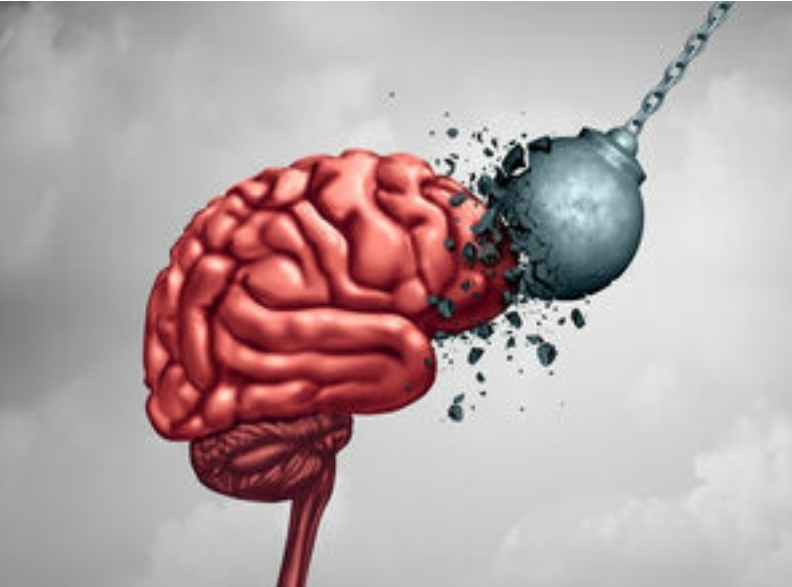
Source: Lightsprings/Shutterstock
Physical activity restores neuroplasticity and can reduce depressive symptoms.
A recent study from Ruhr-Universität Bochum’s Clinic for Psychiatry and Psychotherapy in Germany shows that a three-week physical activity intervention supports the remission of major depressive disorders (MDD) and normalizes long-term potentiation (LTP) neuroplasticity in MDD patients.
Although these two observations (reduced clinical symptoms and restored neuroplasticity) are highly correlated, the researchers are not 100 percent certain that restoring brain plasticity via exercise causes the remission of depressive symptoms. This open-access paper was recently published in the peer-reviewed journal Frontiers in Psychiatry.
“Neural plasticity refers to the capacity of the nervous system to modify itself, functionally and structurally, in response to experience and injury”
For this study, senior author Karin Rosenkranz and her RUB colleagues recruited 41 adults undergoing treatment for MDD at their clinic. Participants were randomly divided into an “exercise group” and a “non-exercise” group. As the authors explain, “We investigated the effect of a 3-week physical activity (PA) program applied on clinical symptoms, motor excitability and plasticity, and cognition in patients with MDD (N = 23), in comparison to a control intervention (N = 18).”
Before and after the physical activity interventions, depression severity was measured using the second edition of the Beck Depression inventory (BDI-II) rating scales. The BDI-II is a 21-item self-report inventory that measures the severity of depressive symptoms, such as negative feelings, pessimism, hopelessness, a loss of passion and desire, or a lack of motivation and drive.
To test LTP-like neuroplasticity, it was used a combination of transcranial magnetic stimulation (TMS) protocols, short-interval intracortical inhibition (SICI), and paired-associative stimulation (PAS).
The researchers found that higher baseline BDI-II scores were correlated with lower levels of neuroplasticity. However, after three weeks of regular physical activity, study participants in the “exercise group” had much lower BDI-II scores (which reflects less severe depression) and higher levels of neuroplasticity; the control group stayed closer to baseline.
When People with Major Depression Exercise, Neuroplasticity Improves and Depressive Symptoms Subside.
“The more [neuroplasticity] increased, the more clearly the clinical symptoms decreased,” Rosenkranz said during the new release. “These changes were not so pronounced in the group who took part in the control program. This shows that physical activity has an effect on symptoms and the brain’s ability to change.”

However, she emphasizes that these correlative findings do not imply causation. “We cannot say to what extent the change in symptoms and the brain’s ability to change are causally linked based on this data,” Rosenkranz noted. “It is known that physical activity does the brain good, as it, for instance, promotes the formation of neuron connections.
The authors sum up their findings in the paper’s discussion section: “In summary, we showed that a physical activity (PA) intervention supports the remission of clinical symptoms and normalizes deficient LTP-induced neuroplasticity in MDD and that these two observations are highly correlated.
Our study, therefore, further highlights the role of neuroplasticity in the pathophysiology of MDD and PA in its treatment by showing that this intervention directly targets deficient neuroplasticity as an underlying pathophysiological mechanism.
Further research is needed to explore whether the effect of therapeutic interventions might be predicted by clinical or neurophysiological parameters, as this would support the development of individualized treatments strategies.”
Source: Christopher Bergland. Reviewed by Chloe Williams / Psychology Today








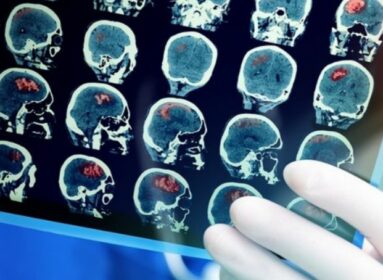



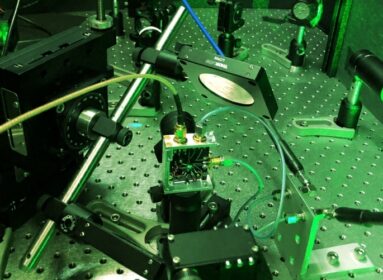
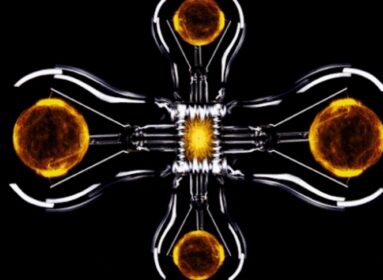
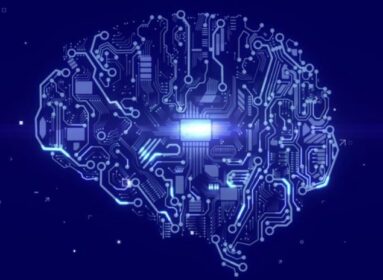



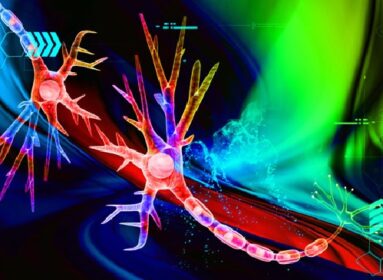
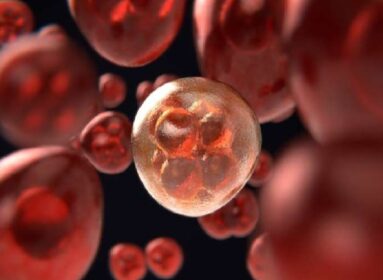
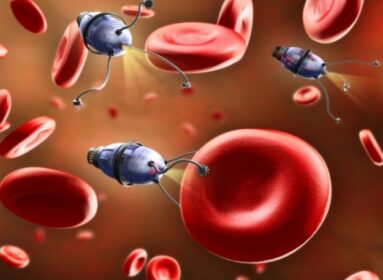
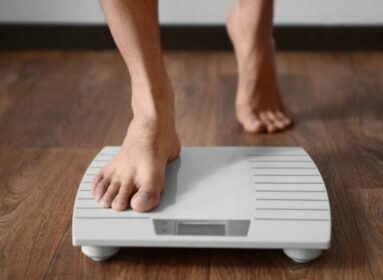

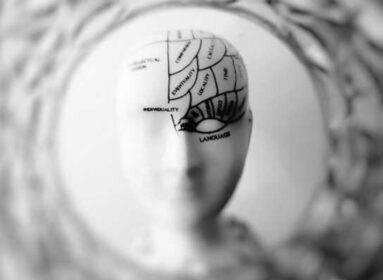


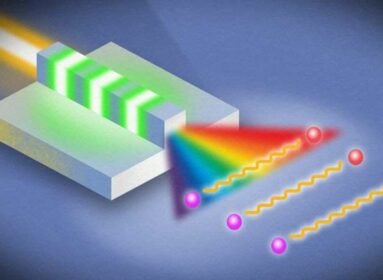





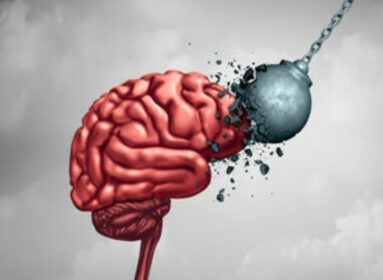
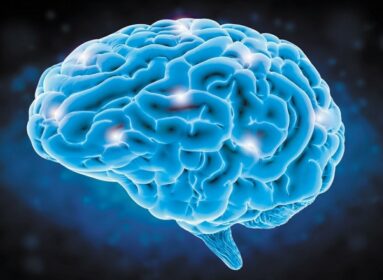




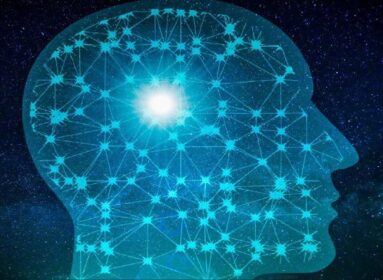
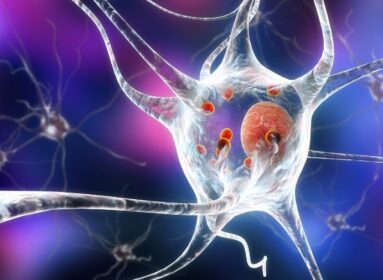


























Comments are closed.